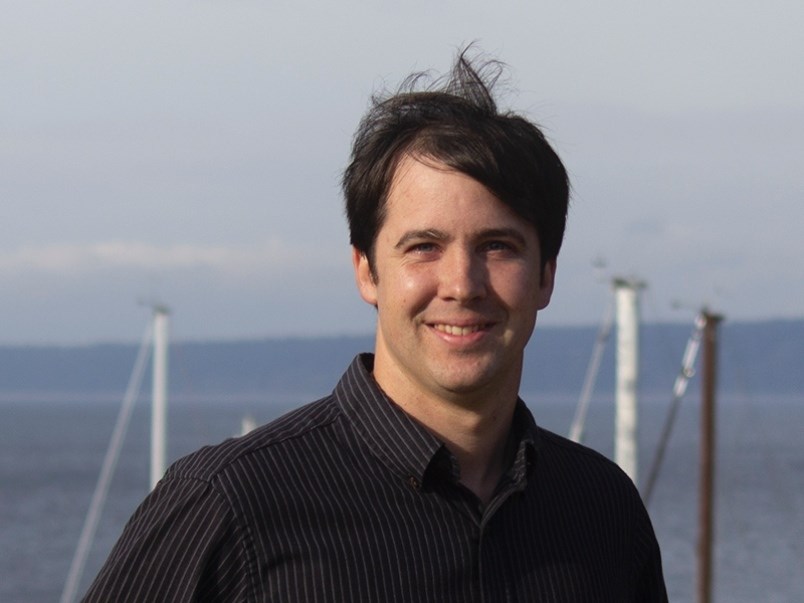qathet Regional District’s (qRD) finance committee is recommending more money for a regional potable water transmission line feasibility study.
At the July 15 meeting, the committee considered a request to increase the financial allotment for the study, which, when originally sent out as a request for proposals, came in considerably higher than the amount budgeted. Staff, acting on direction from the board, negotiated with the proponent, Associated Engineering, to provide a second quote based on a reduced scope of work. The original bid was close to $70,000 and the revised scope of work would cost $40,000.
Electoral Area E director Andrew Fall said the regional district had removed components of the study and renegotiated with Associated Engineering, the lowest bid proponent, which reduced the study to $40,000. He said with a $5,000 contingency, the budget would be $45,000.
Manager of asset management and strategic initiativesMike Wall said that was correct.
Electoral Area B director Mark Gisborne said the way the recommendation reads, the feasibility study goes from $25,000 to $45,000, with an additional $20,000 being allocated from the electoral area feasibility studies reserve and including a $5,000 contingency. He said that would bring the total to $70,000.
Manager of financial services Linda Greenan said this amendment is meant to bring the budget from $25,000 and add $20,000, so the total amount would be $45,000. Gisborne said that clarified matters.
“It seemed a little odd that we were going to bring it back to $70,000,” he added.
Gisborne said he still had a problem with how the regional district was doing the project. The regional district started talking about bringing potable water south of town in the 1980s, he added.
Gisborne said the most recent feasibility study the regional district has on the books is from 2009, when the regional district looked at providing water to the Myrtle Pond water system from five different sources.
“For whatever reason the board decided not to pursue what was outlined in that study, and then in 2017, the chief administrative officer brought forward a report asking that the board consider again providing water to the Myrtle Pond area south of town, potentially going all of the way to Saltery Bay,” said Gisborne. “I went back and I watched the video and I believe it was brought up by Colin Palmer that West Lake was the most cost-effective option for providing water.
“The discussion went around and they decided they did not want to provide water all of the way to Saltery Bay, only to the south end of Centennial Drive, and the question that really needed to be answered was what was the most cost-effective way to provide water to this area? Is it from the city limits or from Hammil Lake?”
Gisborne said he believes the regional district needs to know what the most cost-effective option is: Hammil Lake or the city source.
“We are increasing the taxation for this feasibility study, but I don’t see us getting any closer to answering that question,” said Gisborne “The way the motion and the feasibility study is laid out, I can’t support it because it puts another burden on taxpayers from all of the electoral areas and it doesn’t answer the question. I will not consent to the service until I know the answer to that question.”
Gisborne said there have been a number of other issues coming up, such as the bottling of water in the regional district and the issue of water licences.
“The city still has a water licence on Hammil Lake but they are not actively pulling water from that lake,” said Gisborne. “I have an email from staff that was directed to the previous director stating if an entity is not actively using the water licence, another entity could come along and take it. Residents would not want to see a company come and take the water rights to West Lake, especially when it could potentially provide a more cost-effective alternative to providing water south of town.”
Gisborne said he thinks the board should have a good, robust discussion on what it wants and how far the study should go.
The motion to amend the budgeted amount for the study from $25,000 to $45,000 carried, with Gisborne opposed.



